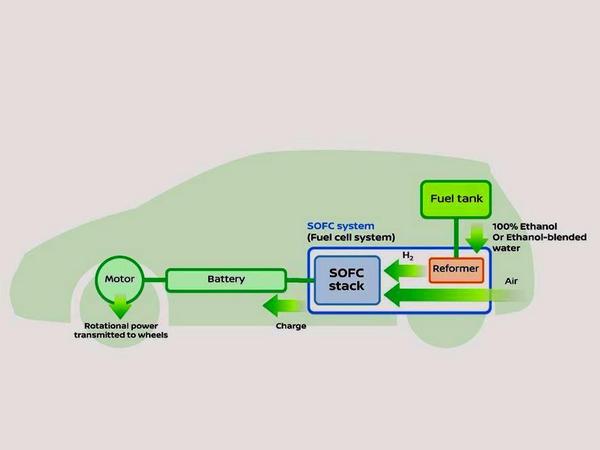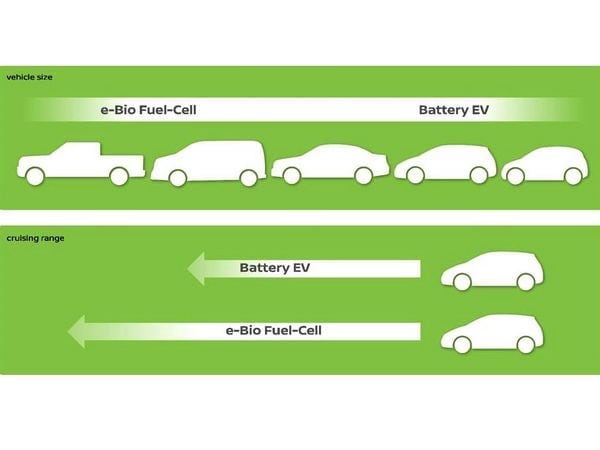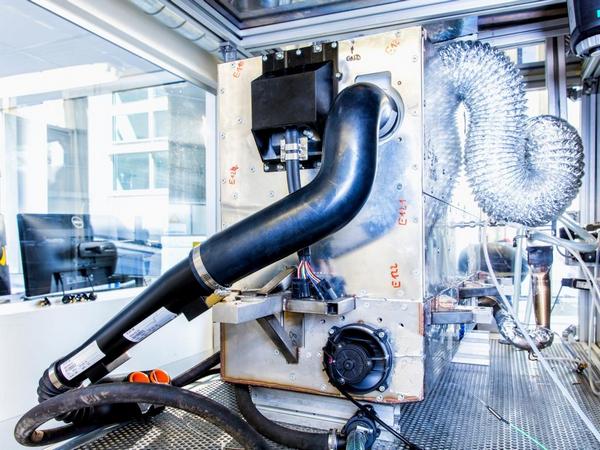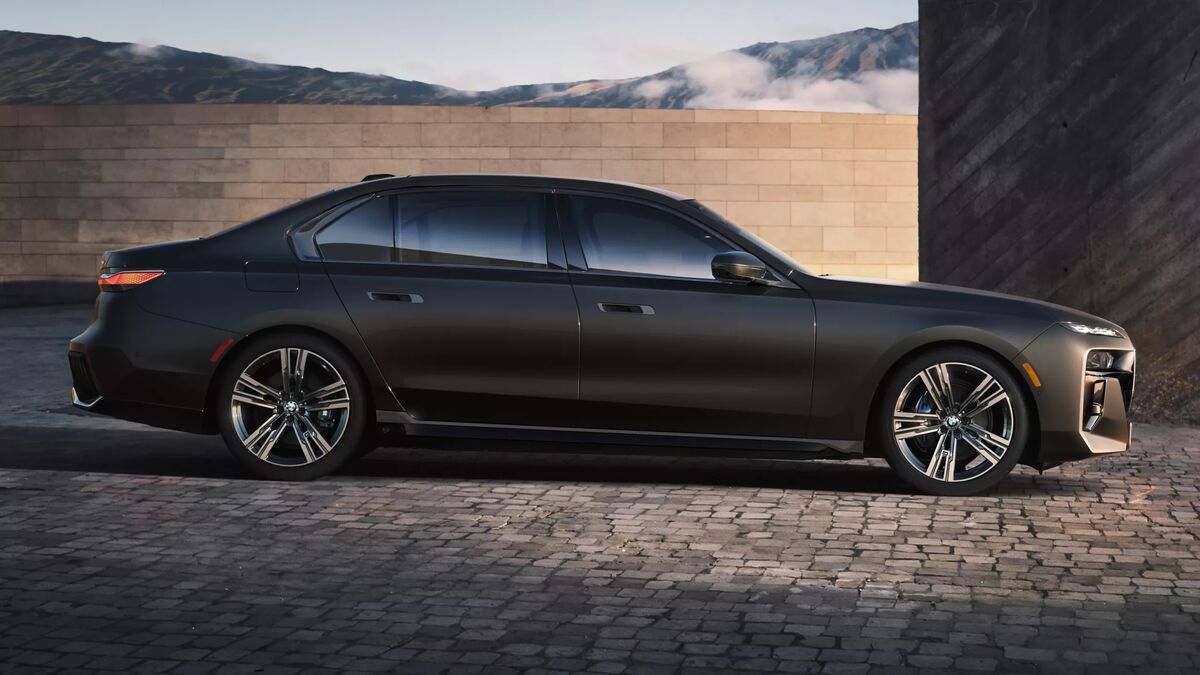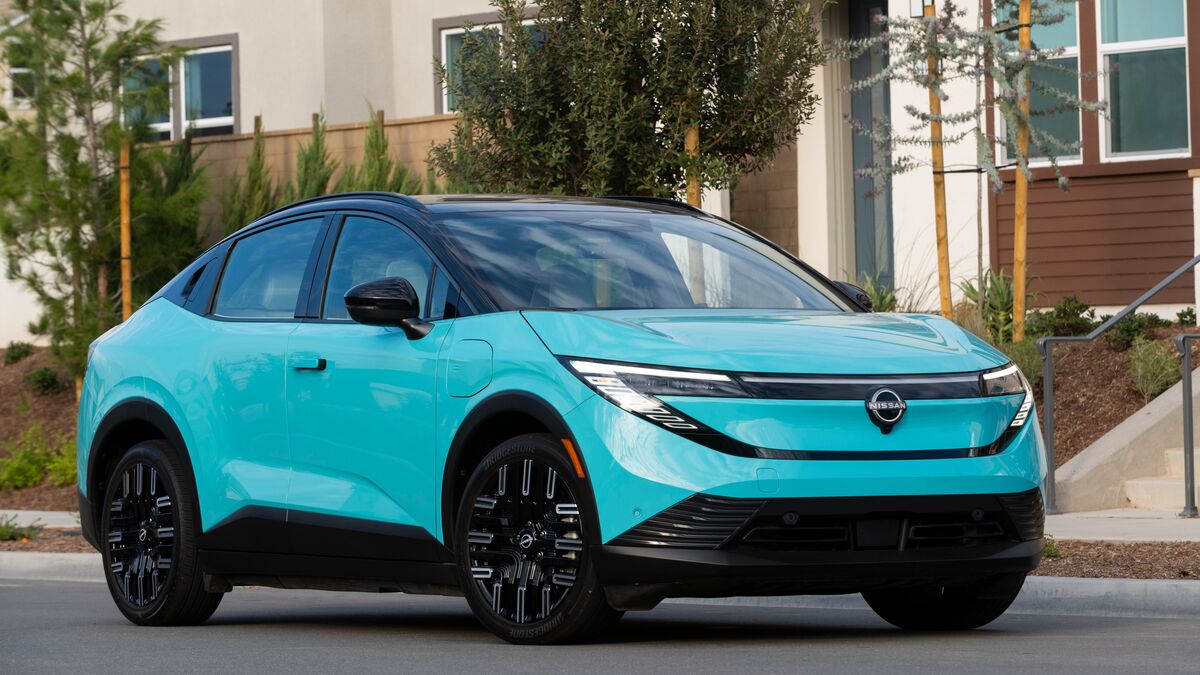Nissan Motor Company has announced it’s working on a new Solid Oxide Fuel Cell (SOFC) system that will use bio-ethanol to produce electric power. The automaker hopes to have this new setup — the first ever designed for use in cars and trucks — production ready by 2020. According to Nissan, its e-Bio Fuel Cell and power-generating SOFC will be more efficient than existing conventional fuel cell systems and offer a range in excess of 370 miles. It also will eliminate the need for the costly, high-pressure infrastructure required to support hydrogen refueling and the equally expensive in-vehicle hydrogen storage tanks.
Also: Class of 2017 – New Cars Ready to Roll
Essentially, Nissan’s e-Bio Fuel Cell generates hydrogen via an on-board reformer that converts either ethanol (E100) or an ethanol/water (E55) blend into hydrogen which is subsequently mixed with oxygen in the SOFC to create electricity. That charge is then shipped to a storage battery which energizes the vehicle’s electric motor. Nissan says by using widely available bio-ethanol derived from sugarcane, corn or any number of other organic sources, overall CO2 levels could be reduced to near carbon-neutral status and that overall operating costs would be similar to a conventional EV.
Also: Kelley Blue Book Best Buy Awards of 2016
The use of any SOFC system in a vehicle does present some additional challenges – not the least of which is they produce more heat and therefore need better insulation than conventional fuel cells. However, Nissan is confident its new e-Bio/SOFC package can be up and running by the end of the decade.
More Nissan News…
2017 Nissan Armada SUV gets a new look and greater refinement
